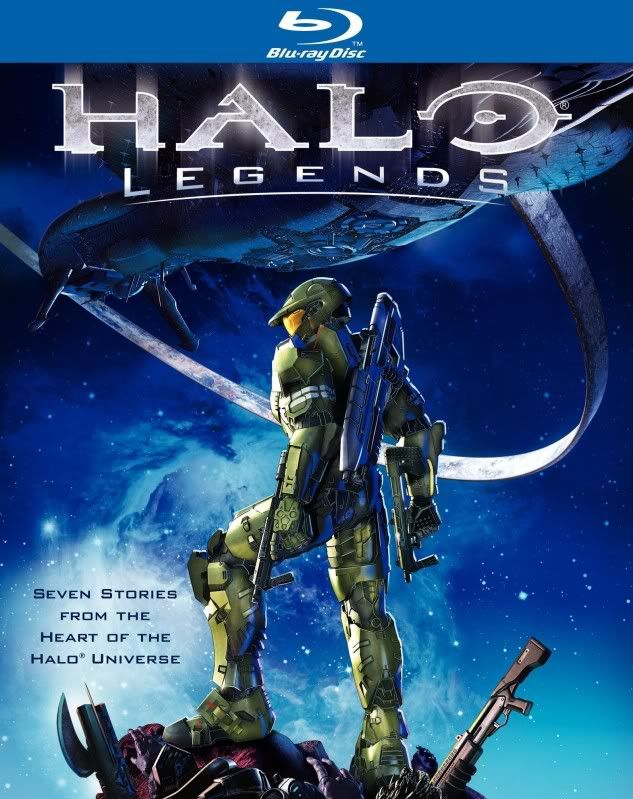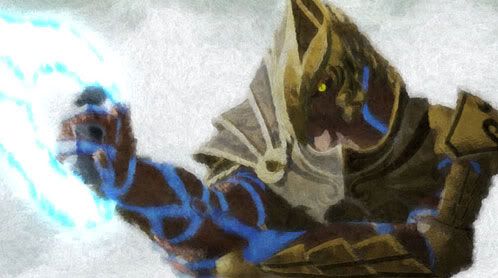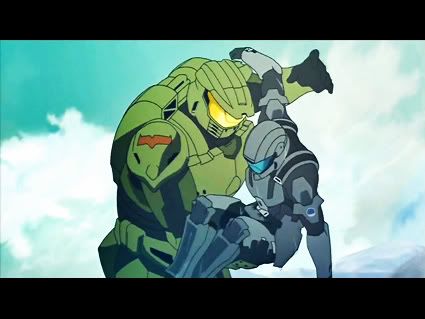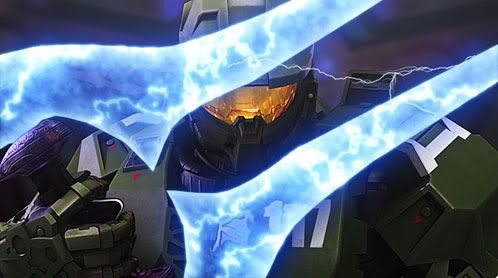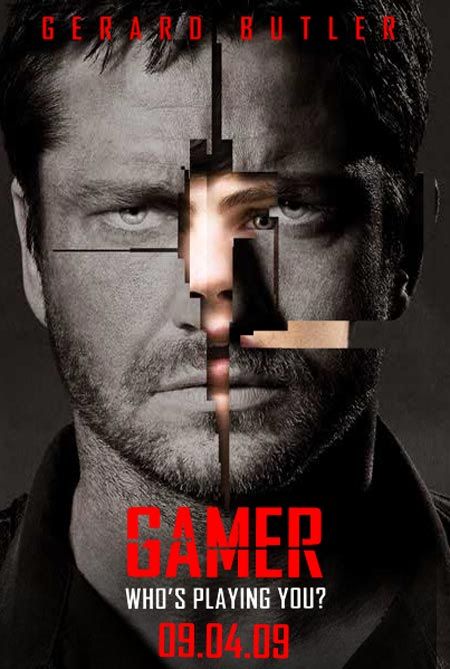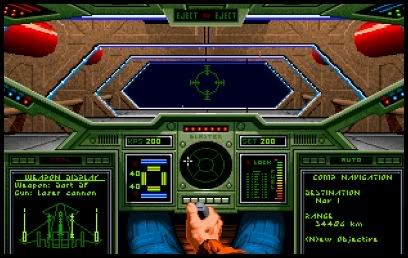One of the things that made Wing Commander such a memorable series of video games for me, beyond the cool spaceships and neat character design, was the branching campaign. You could choose to defend a particular asset for the Confederation, or take the fight right into the Kilrathi’s furry faces; you could completely botch a mission and the game would not end; you could lose wingmen and shipmates and life would go on. It was storytelling that felt open-ended even if the plot was rattling along on rails towards the final destination. At least those rails had junction points.
Alpha Protocol brought back some of those memories, mixed in with liberal doses of Deus Ex and Mass Effect, to produce a gaming experience that, quite frankly, surprised the hell out of me.
It’s a balcony hot tub in Rome. Eat your heart out, Mr. Bond.
We’re introduced to Mike Thorton, an American international operative candidate with a shady background recruited by an organization called Alpha Protocol. The organization is a covert unit attached not to the government per se, but to one of its biggest private military contractors. Mike is dispatched on his first mission to Saudi Arabia, but before things can be properly concluded, he’s betrayed and abandoned. With few resources to begin with, Mike must travel around the world to build a case against his former employers, or at least collect enough explosive devices to make the PMC’s stockholders very nervous and very angry.
More often than not, when a game declares itself to be an “action/RPG”, what they mean is that you can customize a few of your weapons and maybe put a different hat on your self-insertion military fantasy persona. The games that continue the traditions of System Shock 2 and Deus Ex are few and far between, allowing you to make a character tailored to your particular gaming tastes not just in terms of weapon mods. Alpha Protocol may not be as deep as those others in terms of game engine, and I’m not sure shotguns needed their own category1, but at least an effort is made to allow a player to guide Mike down a particular path, and not just through the medium of the thumbstick.
Well, I could beat it out of him with own vodka bottle… hmm.
Indeed, between the action set pieces players have opportunities to determine how the story will unfold, and without the benefit of a color-coded morality meter. Instead, Mike interacts with people through one of three attitudes, chosen on the fly: professional, aggressive and suave. They’re three distinctive flavors of one overarching attitude, however. Mike’s a bit of a jerk. I mean, sure, he’s been backstabbed by his government and the company trying to buy them2, and that’s likely to make anybody a little cross. Some of his antics are excusable under that circumstance while others are inexplicable in their maliciousness or mischeviousness, outside of just being a troll. This doesn’t stop them from being hilarious, but how professional can one actually be if they’re sending emails about bovine weaponization conspiracies to trigger-happy nutcases just for a laugh?
I don’t want to give the impression that moral choices don’t exist. Most of your conversations, however, are more personal matters. The choices you makes in how you relate to certain people will raise or lower their respect for you, and consequently can either make them inclined to help you or eager to put a bullet in your skull. However, there are moments where you must make a decision, and you’re not given a lot of time to make up your mind. Brilliantly, you will not always know the full ramifications of the choice you make when you make it. Only at the very end as the news is relating stories from around the world do you realize exactly what you’ve done3. Amongst games where choices are almost always squeaky-clean white or dastardly black, Alpha Protocol paints its plotlines in shades of gray. And they’re really attractive shades.
I told him what I’d do if he crossed me. He thought I was bluffing.
When the words stop flying to make way for bullets, Alpha Protocol still does a few things quite well. Like any good game with emphasis on stealth and gathering intelligence, it gives you the option to sneak past opponents rather than shooting them in the face, even if the “takedown” option still induces wincing on the player’s part. While it’s possible to play through without making a single kill, I can’t imagine getting punched in the throat by a professional martial artist is particularly pleasant. And the mini-games you must play to hack computers, pick locks and bypass circuits do a great job balancing a limited time-frame with puzzle-solving skills, for the most part.
It’s not a game without flaws. The engine occasionally goes a bit berserk with its rag doll physics, and you’re never 100% sure the wall or prop you’ve chosen to take cover behind will (a) conceal you or (b) allow you a clear line of fire to your foes. Some of the boss fights can make life very difficult for particular character builds, and on a couple occasions I set off an alarm trying to pick a lock when I distinctly hit the button to quietly cancel the attempt. I hear there are also conversational bugs but I can’t recall running into any, so if I did they were somewhat insignificant, not unlike the others. None of the bugs or hiccups I encountered felt game-breaking, and more importantly, none of them got in the way of the story. Indeed, the story is what keeps the action moving, even when nobody’s getting shot at. Here’s a case where the strengths of the game outweigh its flaws, and while I can’t blame some hardcore shooter fans for letting those flaws keep them from checking out Alpha Protocol, enthusiasts for this style of game are sure to be pleased.
Stuff I Liked: Weapon customization is pretty cool, and having be only one aspect of character building rather than the extent of it is even better. Every safehouse is distinctive for its area which was a great touch, as were the little trophies and mementos Mike keeps. Options to decrease difficulty of missions through gathering additional intelligence felt smart. No hilariously stereotypical accents – “ZEY HAFF GIVEN ME LEMON-LIME” is a thing of the past.
Stuff I Didn’t Like: Could have consolidated SMGs, shotguns and assault rifles into one category and spread out lock-picking, hacking and electronics. Some obtuse boss fights. The occasional bug that will break a lockpick, your cover or that gas canister next to you, but thankfully not the entire game.
Stuff I Loved: Writing and voice acting well above average. A conversational system that makes sense and works well without being tied to rigid morality. A sense of purpose and weight to choices made. Satisfying stealth gameplay. More than a few laughs when Mike starts trollin’.
Bottom Line: It could be because I’m a fan of good storytelling that drives the action, or decently balanced stealth/shooting gameplay, but for me, Alpha Protocol shines. As shooter-RPGs go, it’s around the same level as the first BioShock in terms of action, definitely inspired by the aforementioned superstar shooter-RPG tagteam. And in terms of plot and character, the plot adaptability and solid writing has it swinging from the same monkey bars as Dragon Age: Origins while Halo and Gears of War participate in a game of gay chicken over in the nearby sandbox.
1 Deus Ex filed them under “Rifles” for a reason, after all.
2 Just swap “Halbech” with “Bank of America” or “Wells Fargo” or any oil company and you’ve got the right idea.
3 I’m giving Sega & Obsidian the benefit of the doubt and thinking this was meant to promote better storytelling, not just a way to get us to play the game more than once. Which I think I may have to, now. Bastards.


